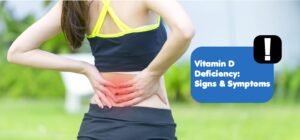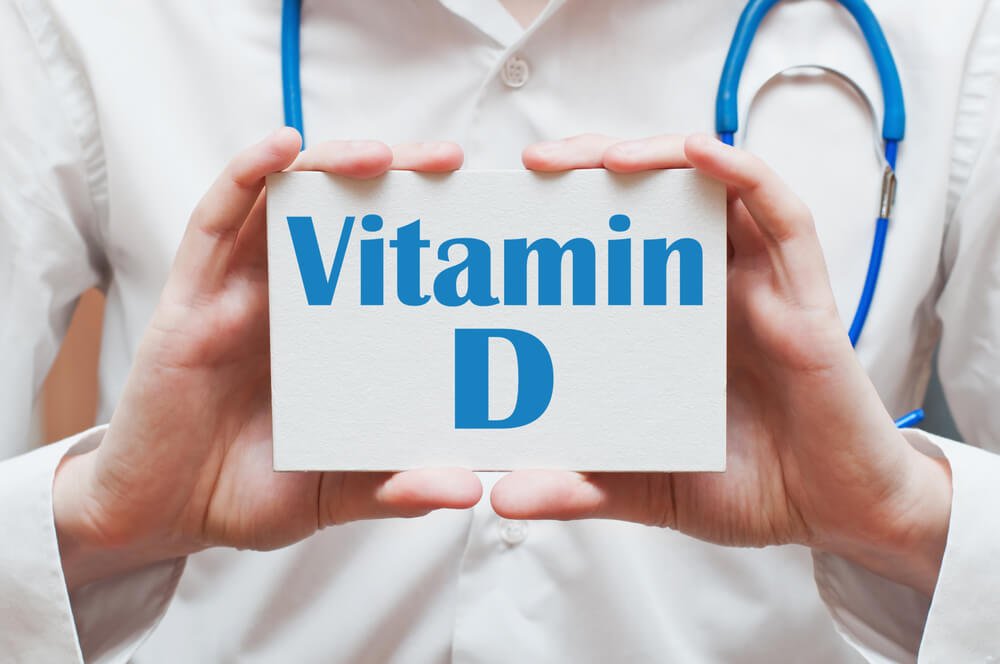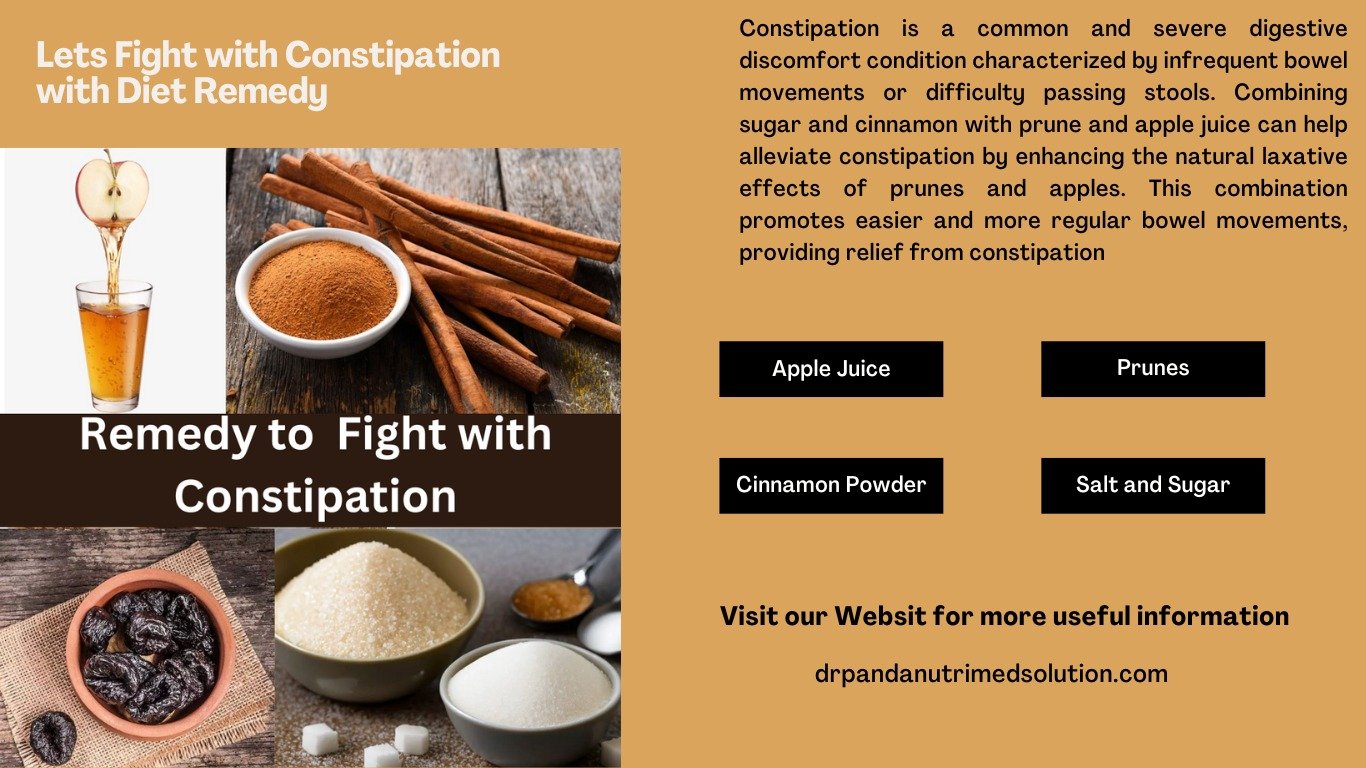What is Vitamin D?
Vitamin D comprises a group of fat-soluble secosteroids that enhance the intestinal absorption of calcium, magnesium, and phosphate, in addition to numerous other biological effects. Among humans, the primary compounds within this group are vitamin D₃ and vitamin D₂.
Role of Vitamin D in Human Body:
Vitamin D play a very important role in our body. Its provide growth, development and strength to the body.
1-Bone Health:
Vitamin D have calcium, and play the important role in calcium absorption and bone metabolism. And its help to maintain the level of calcium and phosphorous in blood that is essential for healthy bones and teeth. Vitamin D play an important role in minimize the risk of autoimmune diseases.
2-Muscle Functions:
Vitamin D play an important role in muscle strength and development and reduce the risk of diseases in human body.
3-Immune Functions:
Vitamin D play an important role in immune functions. And the adequate intake of vitamins can reduce the risk of autoimmune diseases. Vitamin D help to fight against the infections.
Deficiency of Vitamin D

Vitamin D deficiency can lead to hyperparathyroidism when the parathyroid glands create a hormone imbalance that increases the blood calcium level too high.
Symptoms:
The majority of peoples do not have symptoms with vitamins. However, a chronic deficiency which may cause osteomalacia which leads to:
- Bone pain
- Joint pain
- Muscle weakness
- no development of teeth and bones
Causes of Vitamin D Deficiency:
The causes of vitamin D deficiency may lead to the various problems that affect the human body growth and development. The causes of vitamin D deficiency are described below:
- Lack of sunlight
- Dark skin
- Age
- Dietary insufficiency
- Obesity
- Body weight
- Breastfeeding
Vitamin D in Pregnancy:

A 2020 review suggests that pregnant people deficient in vitamin D may have a greater risk of developing preeclampsia and giving birth prematurely. Researcher found that there may be an association between higher vitamin D concentrations and a decreased risk.
However, other research Trusted Source focusing specifically on pregnant people found no links between vitamin D supplementation and the prevention of BV, so more research is necessary.
What are the Source of Vitamin D?

People often get their vitamin D from the sun exposure. However, many people cannot rely on the sunlight exposure for vitamin D intake. During winter season the sun is not strong so, the people vitamin D from supplements.
- Egg yolks
- Fatty fish like salmon
- Beef liver
- Cheese
- Mushrooms
- Fortified milk
- Fortified cereals and juice
How to Get Vitamin D from Sun?

Our body needs a vitamin D for many different processes. The sun is our best natural source of vitamin D. Spending a very short time in the sun can provide all the vitamin D that need for the whole day. This could be;
- 15 minutes for a person with light skin
- 1 hour for the person with dark skin
When the suns UV rays hit a person skin, the tissues inside the body start making the vitamin D for the body to use.
Treatment:
A person specific need of vitamin D depend upon the various factors including their age, sun exposure, diet and health. If a blood test shows that a person has or is at risk of a vitamin D deficiency, the doctor is likely to advise them to increase their intake.
The ODS recommended the following intake each day.
- 0–12 months: 400 IU (10 micrograms [mcg])
- 1–70 years: 600 IU (15 mcg)
- 71 years and over: 800 IU (20 mcg)
A person should talk to the doctors about their vitamin D needs and how to increase their intake.
FAQs:
1.What does vitamin D do for the body?
Vitamin D supports the bone strength. It may also help with blood sugar regulation and maintaining the blood pressure.
2.What is the best source of vitamin D?
The sun is our best natural source of vitamin D. Spending a very short time in the sun can provide all the vitamin D that need for the whole day.
3.How do I raise my vitamin D level quickly?
Spending a very short time in the sun can provide all the vitamin D that need for the whole day.
And it’s important to protect the skin and eyes from harmful effects of UV.
Read More:
OMEGA-3 FATTY ACIDS: IMPORTANCE FOR HEART ATTACKhttps://drpandanutrimedsolution.com/plant-based-diet-benefits-and-consideration/



